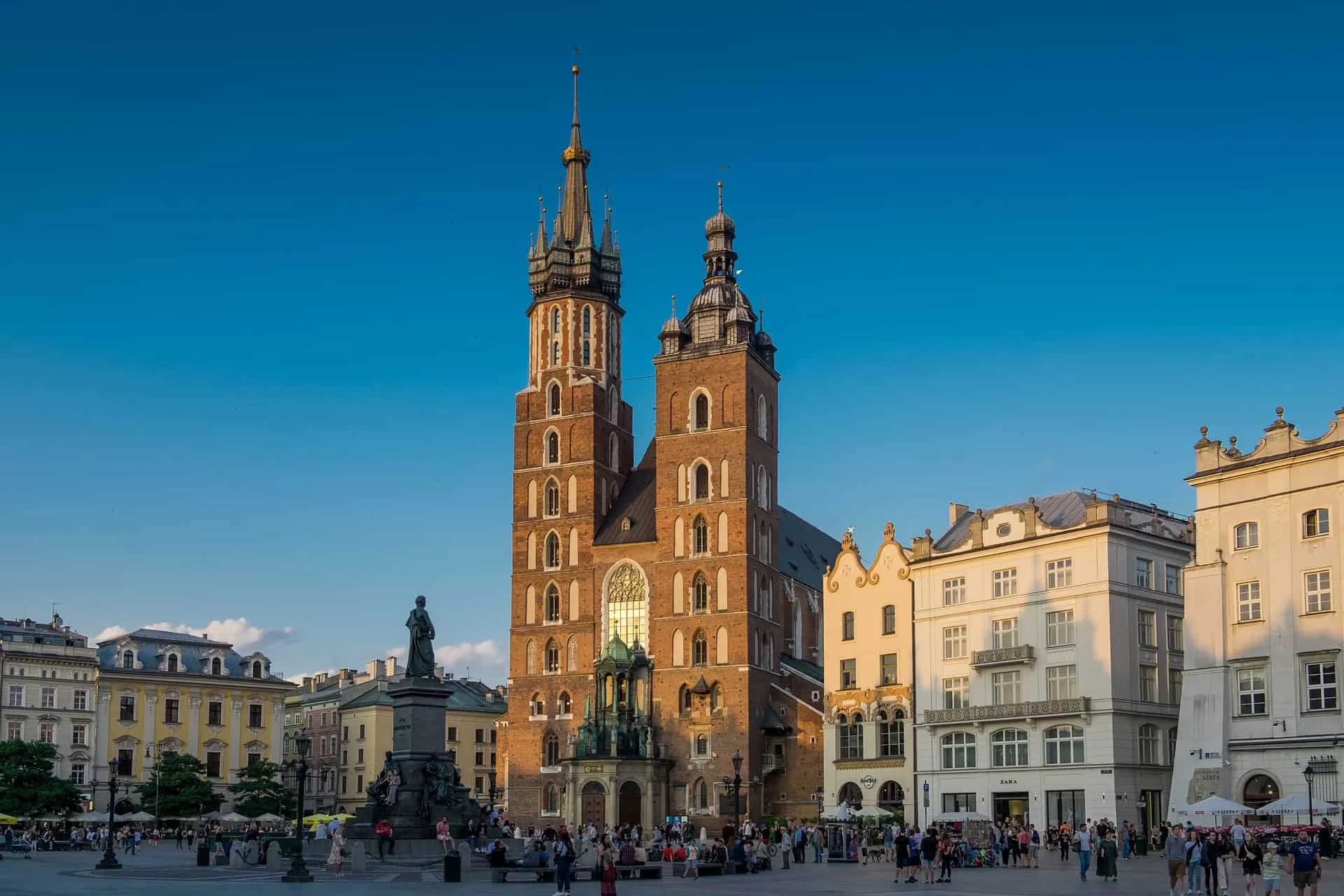At around 4:40am local time (11:40pm ET) the results of the momentous British referendum, “Brexit”, were announced, signaling that Britain would indeed be leaving the European Union (EU). The final tally left 52% in favor of leaving and 48% in favor of remaining. The EU is a 28-member politico-economic block founded in 1993 for the purpose of allowing the free flow of people, goods, services, and capital throughout its member states, and is often considered one of the most impressive and comprehensive regional schemes in the world. Regardless of political affiliation, parties on both sides acknowledge the great political and economic impacts this decision will have throughout both Europe and the world. Upon learning of the results, UK Prime Minister David Cameron, strong proponent of remaining in the EU, announced his resignation.
“I’m very proud and very honored to have been Prime Minister of this country for six years,” he affirmed. “But the British people have made a very clear decision to take a different path, and as such I think the country requires fresh leadership to take it in this direction.”
Why leave the EU?
Several arguments were made for why Britain should exit the EU, which are believed to benefit the country both politically and economically. Some argue that the EU limits British political sovereignty and strangles the country with restrictive rules and regulations. Others believe that the EU’s antidemocratic political structure gives corporate elites disproportionate power over British political institutions. Further rationale includes fearing the economic repercussions of being tied to the Eurozone. Perhaps the UK’s most important reason for leaving the EU, while not as visible, is immigration.
Much like the United States, the UK is experiencing an immigration boom, which has stirred political backlash and opposition throughout the country. As an EU member, Britain is required to allow the free, passport-free flow of people from any EU member state. This right as well extends to residency and work requirements. The immigration boom took off following the 2008 global financial crisis. As the labor markets of many European countries crashed (i.e. Spain, Italy, Portugal, Greece, etc.) their citizens rushed to the UK in search of work.
In 2015 alone, more than 630,000 foreign nationals relocated to Britain in search of better job opportunities. Between 1990 and 2015, Britain’s total population has increased from 57 million to 65 million, in spite of nationwide negative birth rates. Among this population boom, the foreign-born population in the UK during this time exploded from approximately 3.8 million to 8.3 million.
This demographic change has created similar political discourse as is occurring in contemporary American politics. British leadership on both sides have lobbied that immigration stresses British social infrastructure such as schools, hospitals, and housing. Most notably, many believe that foreign immigrants threaten job opportunities of the native working population, and that the current labor market cannot suffice masses of foreign workers, a fear all too familiar among many US leaders. Those opposed to Britain’s EU exit claim that without its memberships, UK citizens will as well lose the liberty to travel, live, and work abroad.
What will happen to EU citizens currently living in the UK?
As of 2015, there are approximately 3.5 million EU nationals residing in the UK, making up about 6.6% of its workforce. While specific terms of “Brexit” have not been laid out at this time, it is likely that those foreign EU nationals will be grandfathered in and permitted to remain living and working in the UK. It is unclear, however, if this regulation will extend to the immigration of their family members.
There is similar ambiguity regarding those who may move to the UK before the official separation date. Despite the referendum results, Britain is still legally a member of the EU and therefore must continue to allow the free flow of EU peoples until the official Brexit date (TBD). Some suggest that British officials will take action to prevent a max influx of immigrants desperate to relocate before the official exit date. This however, would go against current EU law and therefore cause potential tension.
Will UK borders close for good?
It is not predicted that UK leaders will close its borders completely, but rather implement stricter regulations regarding who can come in. Leaders of the pro-exit group have called for an “Australian-style points system”, which would allow UK officials to admit immigrants based on their characteristics and qualifications, such as language, religion, education and work experience. In the case of Australia, the government limits how many immigrants it permits from specific professional groups. It is plausible that the UK may implement a similar policy, gaining more control over its domestic labor market.
Moreover, Britain’s current policy regarding skill of work towards non-EU immigrants is much stricter than that towards current EU-members, and it is predicted that this may become an all inclusive policy. Currently, three-quarters of current EU citizens working in the UK would not qualify under the current visa requirements for non-EU workers.
What about British retirees living abroad?
Britons living throughout the EU, particularly British retirees, have begun to worry about their future eligibility for free migration throughout the EU. Many fear that they may lose their easy access to public health care and pension mobility following “Brexit.” In spite of this fear, it is unlikely that countries such as Spain or Italy, who benefit economically from hundreds of thousands of British retirees, would cause difficulty following Brexit. Nonetheless, Brexit does pose a potential threat to British expatriates all throughout Europe, and this may prove problematic in the future.
As for the future of UK migration to EU countries, the future is largely unknown given that official negotiations have not yet taken place. It is certain, however, that UK citizens’ power to travel freely will be lessened in some capacity as a result of this referendum.
Response from Multinationals
The “Brexit” referendum is also expected to have major results on the future of multinational companies. As seen this morning, the referendum result has created great market volatility, leaving many multinationals such as JP Morgan, Airbus, Toyota, and Ford, to review the risk and expected profit of their investments in the UK. As the value of the pound falls and market volatility persists, foreign companies may be persuaded to move UK jobs overseas. Before the vote, business leaders from around the world called for the UK vote no to “Brexit”, with a petition signed by more than 1,000 chief executives calling for a “remain” vote. These projections may hurt Britain’s job market, which many anti-EU leaders claimed the referendum, due to an immigration restriction, would fix.
If you’re considering traveling or moving abroad, be sure to explore your healthcare options. Visit International Citizens Insurance to learn more and get a free quote.









